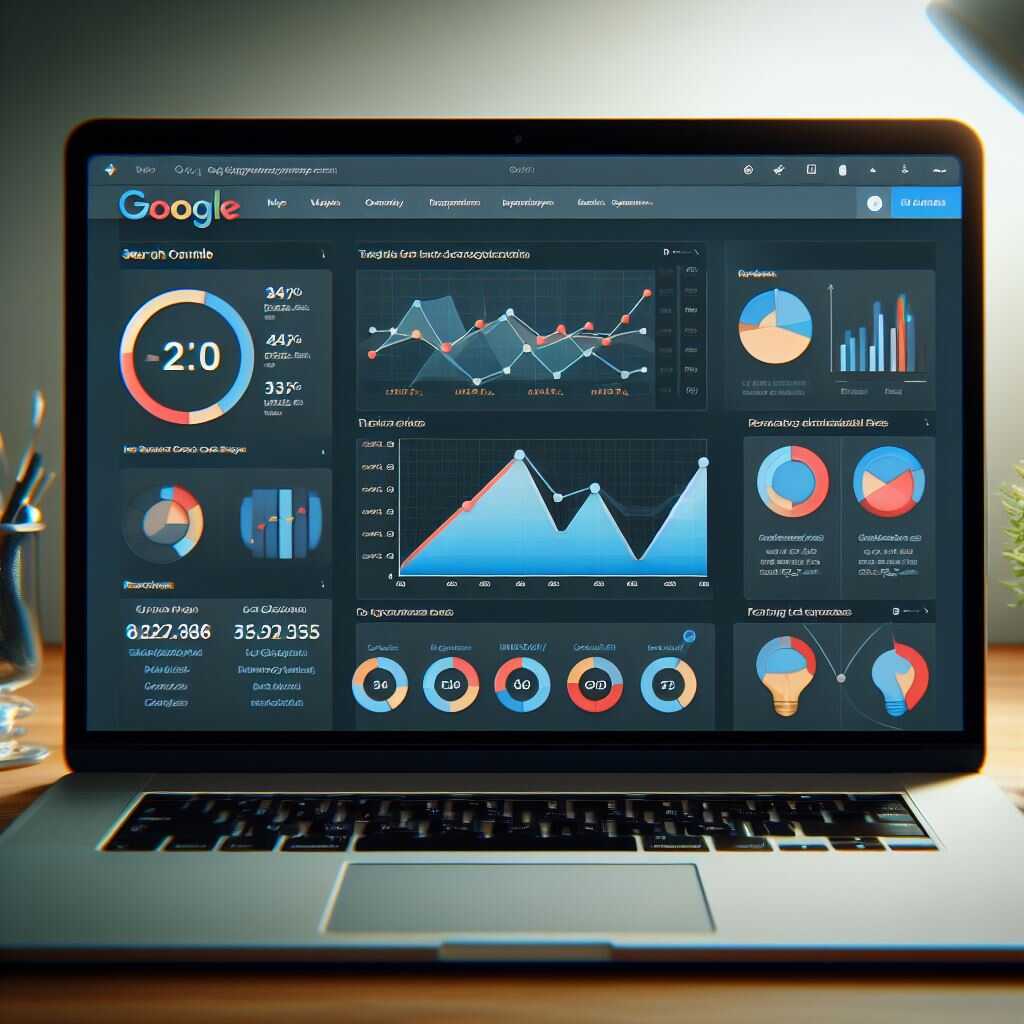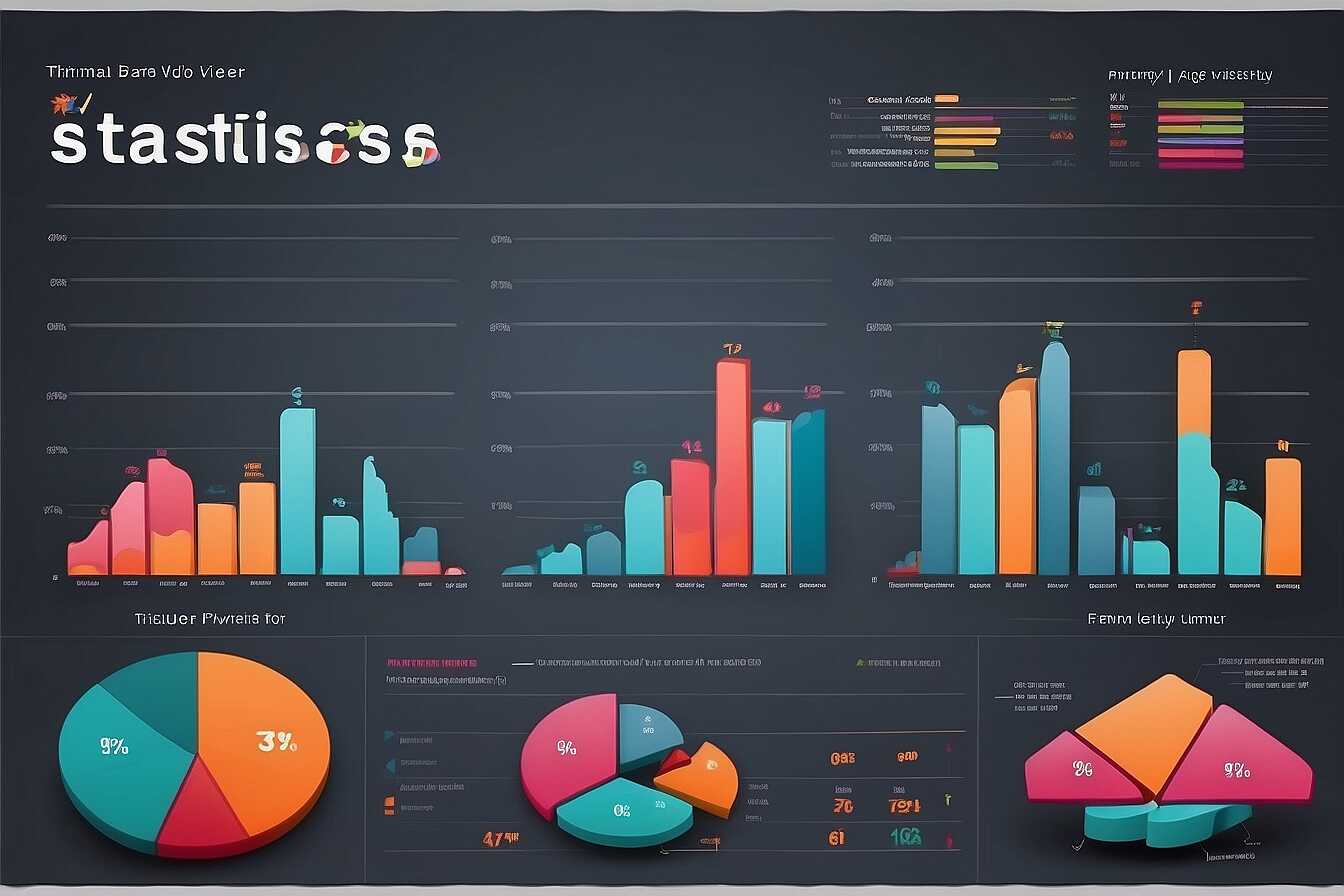To leverage resource pages and directories for effective link building, businesses need targeted strategies that connect them with relevant platforms. These methods not only enhance SEO efforts but also help secure valuable backlinks essential for online visibility. At Metrics Rule, located in Vancouver, we explore how to utilize these resources effectively, ensuring your brand gains the most from link building opportunities.
Defining Resource Pages and Their Benefits for SEO
Resource pages are curated lists of valuable links and resources on specific topics or themes. They function effectively in link building by providing a platform for website owners to gain backlinks. These pages enhance search visibility and build trust by connecting users with reputable, relevant content. Major benefits include increased site authority, better indexing by search engines, and enhanced user experience. Websites that typically host resource pages include educational institutions, industry associations, and niche-specific blogs. Content on these pages often includes articles, tools, guides, and other expert resources designed to add value for visitors.
Types of Resource Pages That Improve SEO Results
Resource pages that are most effective for SEO often include a mix of high-quality backlinks and relevant content. Educational institutions may offer links to articles, case studies, and scholarly research, which improve trust and authority. Industry-specific blogs might focus on practical guides, tools, and service comparisons that provide real value. A popular resource page could potentially deliver dozens of backlinks to high-quality sources, offering great SEO results. Incorporating link building strategies that focus on quality backlinks from these pages enhances overall site’s performance and visibility on search engines like Google and Bing.
Finding High-Quality Resource Pages in Your Industry
To effectively find high-quality resource pages, start by assessing their reliability. Look for pages that have been reviewed and cited by reputable sources. Additionally, utilize tools like Ahrefs or Moz to compare the domain authority of these pages. Digital marketers should focus on resource pages tailored specifically to their niche in 2025, including those that cover industry trends, case studies, and expert opinions. A single quality resource page can provide multiple authoritative backlinks, often enhancing your SEO efforts significantly.
Identifying Best Resource Pages for Your Niche
To identify the best resource pages for your niche, start your search with specific keywords relevant to your industry. Use SEO tools that allow you to filter results based on domain authority and page quality. Assess features like the number of outbound links, the relevance of content, and the site’s traffic metrics. A high-quality resource page should offer proven data and insights that enable you to tailor your strategy for link building effectively. Prioritize pages that include comprehensive guides, expert reviews, and relevant comparisons to improve your chances of getting valuable backlinks.

Effective Outreach Techniques to Secure Links
To secure links from resource pages, effective outreach techniques are vital. Start by researching the website to understand its goals and audience. Craft personalized emails that directly address the recipient’s needs, showcasing how your content can add value. For instance, mention specific sections of their resources that your link can enhance. Personalization can significantly boost engagement, as tailored messages are more relatable. Research shows that personalized emails can increase response rates by over 26% compared to generic formats. This emphasizes the importance of customizing your outreach approach to ensure that your link building efforts are successful.
Crafting Compelling Outreach Emails
When crafting compelling outreach emails, focus on clear subject lines that convey genuine interest. Begin with a concise introduction about yourself and your brand, Metrics Rule. Highlight your expertise in SEO and how your resource aligns with their content. Provide data or proof of how your link can enhance their resource page, such as metrics that show improved user engagement or relevance. Ensure your message is friendly yet professional, asking for their consideration in a way that feels organic. This approach not only improves engagement but also builds reliability and trust, leading to successful link acquisition.
Key Metrics for Successful Link Acquisition
- Over 60% of marketers prioritize backlinks for improving search rankings.
- Resource pages can boost referral traffic by up to 10x.
- Directories may generate 5-15% of your website’s total traffic.
- SEO experts report a 30% increase in domain authority with quality backlinks.
- Content linked from resource pages has an average of 50% higher engagement rates.
- Directories often contain up to 500 listings relevant to various industries.
- On average, it takes 6 months to see ranking improvements from new links.

Using Online Directories for Targeted Link Acquisition
To successfully acquire targeted backlinks through online directories, start by identifying high-quality directories related to your niche. Prioritize submissions to both general and specialized directories. General directories provide overall visibility, while niche directories can enhance your site’s relevance. Regularly check directories for reliability by reviewing user feedback and site performance. This ensures your submissions deliver results tailored to your SEO strategy.
Types of Online Directories and Their SEO Impact
Understanding the different types of online directories is essential for effective link building. General directories, like DMOZ, cover a wide range of categories and can improve visibility across various topics. Niche-specific directories, like those focusing on tech or health, provide targeted backlinks that speak directly to your audience. Submission processes might differ, too—some require verification, enhancing the backlink’s reliability. Regular testing can help you gauge which directories deliver the best SEO results for your specific marketing goals.

Analyzing the Success of Your Backlink Strategies
To measure the success of backlinks gained through resource pages and directories, focus on several key metrics. First, analyze traffic sources using Google Analytics to see how much referral traffic these links generate. Next, monitor the domain authority of the linking pages to assess their credibility. Additionally, track keyword rankings over time to understand how your SEO impact evolves. You should also evaluate engagement metrics, like bounce rates and time-on-page, to gauge the quality of the traffic. Understanding these backlink metrics will provide a clearer picture of how these strategies enhance your overall SEO effectiveness.
Evaluating the Effectiveness of Resource Pages and Directories
When evaluating the effectiveness of resource pages and directories, it’s essential to conduct a comparison analysis. Look for quality backlinks from high-domain authority sites as they often provide more SEO value. Utilize tools like Moz or Ahrefs to compare different backlink profiles. By understanding this directory backlink comparison, you can focus on securing links that will deliver the best results for your SEO efforts. Moreover, continuously test and refine your strategies by reviewing the performance of links over time, ensuring you capitalize on those that yield the highest traffic and engagement rates.
Advantages of Utilizing Online Information Repositories
- Enhances website credibility by linking with reputable sources.
- Resource pages provide targeted backlinks that improve SEO efforts.
- Helps attract a specific audience interested in your niche.
- Directories simplify the process of finding potential link opportunities.
- Increases visibility among competitors and enhances brand awareness.
- Facilitates networking with other businesses through reciprocal links.
- Boosts overall website traffic and engagement through quality links.

Avoiding Common Mistakes in Link Building Outreach
Link building outreach can be tricky, and many make common mistakes that undermine their efforts. One frequent error is failing to personalize outreach emails; generic messages are often ignored. Outreach strategies should include thorough research on potential link partners to ensure relevance. Another mistake is not following up; many successful link placements come after several follow-ups, typically two to three times. Additionally, poor email communication, such as unclear requests or lack of value propositions, can hinder results. By identifying these link building mistakes, you enhance your outreach strategy and improve your chances of securing valuable backlinks.
Utilizing Effective Follow-Ups in Your Outreach Campaign
In link building outreach, follow-ups play a crucial role in converting potential leads into successful link placements. Effective follow-ups should be spaced out appropriately, ideally sending two to three reminders over a couple of weeks. Each follow-up should recap your initial request while adding value, such as sharing relevant content or recent updates about your site. This approach not only keeps your request top-of-mind but also demonstrates your commitment to building a mutually beneficial relationship. Monitoring responses will help refine your outreach strategy, enabling better communication and more successful outcomes.
Creating Valuable Content That Attracts Backlinks
Creating high-quality content is crucial for earning backlinks. Effective content strategies include producing in-depth articles, engaging infographics, useful resources, and research studies that resonate with your target audiences. Content that addresses common pain points or offers unique insights can attract webmasters seeking to provide valuable information to their visitors. Platforms such as social media, forums, and specialized content-sharing sites further enhance your reach, increasing the likelihood of earning valuable backlinks. Aiming for at least 10 quality backlinks per major content piece can significantly improve your SEO performance.
Crafting In-Depth Articles That Resonate with Audiences
In-depth articles create immense value by offering comprehensive insights on relevant topics. These articles should include original research, expert interviews, or practical tips to engage readers effectively. Incorporating relevant keywords, such as “SEO strategies” or “content marketing techniques,” makes your articles more discoverable through search engines like Google. The best in-depth articles are designed to answer specific questions, backed by reliable data, ensuring high-quality information that readers find useful. This not only enhances user experience but also increases the chances of your work being cited by other websites, consequently boosting backlinks for your domain.
Notable Examples and Relevant Audiences for Link Strategies
- Majestic is great for detailed backlink analysis but can be complex for beginners.
- Ahrefs offers robust tools for tracking link performance and site health.
- Small business owners often seek local directories to improve visibility.
- Digital marketers benefit from resource pages with high-quality, relevant links.
- Bloggers can leverage directories to connect with niche audiences effectively.
- Webmasters utilize tools for competitor analysis to enhance link strategies.
- Content creators often explore partnerships through resource page connections.
Building Sustainable Relationships with Webmasters
To achieve successful link building, fostering enduring relationships with webmasters and content creators is essential. Collaborating on content and sharing links provides mutual support and improves SEO efforts for both parties involved. The benefits of these partnerships include access to high-quality backlinks, increased website traffic, and enhanced credibility through reliable sources. In 2025, it is crucial to maintain regular communication and provide value to your partners to ensure long-term success in link building. Aim to establish at least 10 strong relationships to collectively build a minimum of 50 quality backlinks for optimal results.
Effective Communication Strategies for Link Building
Effective communication is pivotal for nurturing relationships with webmasters and content creators. Regularly updating them about new content, insights, or collaborations generates interest and encourages ongoing mutual support. Employing tools like email newsletters or partnership platforms can facilitate open dialogue. Sharing valuable resources such as case studies or industry research enhances your position as a reliable partner. Furthermore, integrating consistent feedback helps build trust. This approach not only solidifies your existing relationships but also encourages others to join in your link-building efforts, significantly benefiting your SEO strategy.
